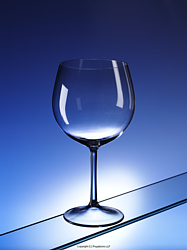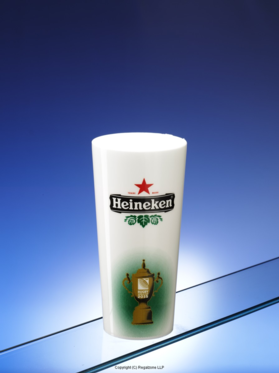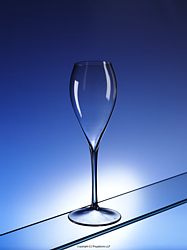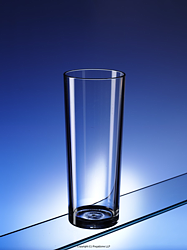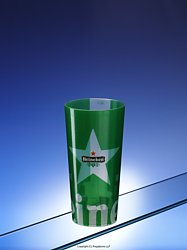Biodegradable, Recyclable and Reusable Plastic Glasses
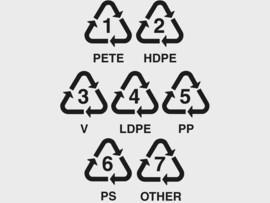
We Want Cups That Look Like Glass... Cost Like Plastic... and then Disappear in to Thin Air When We Have Finished With Them!
Sadly there is no such thing and there probably never will be. The reality is a series of imperfect choices that balance cost – quality – environmental impact – and yes, PR.
That isn't to say there aren't any good choices to be made though, because some cups are definitely 'greener' and more eco-friendly than others. Additionally, every year new product innovations make the choices easier.
This is our guide to selecting and using paper cups and glasses in the most environmentally friendly way possible:
Recycling is Always the Best Thing
If recycling is possible, litter and landfill are reduced, raw materials are preserved, and energy is saved. This has to be best choice if you can achieve it.
But recycling requires effort. No matter what the material, if it collected in general purpose bins and contaminated with general waste, it will probably end up in land fill.
Even when paper, card and different types of plastic are collected together but separately from general waste, the difficulties in separated the remaining materials mean that it will probably only be recycled in an energy-from-waste scheme. This is better than land fill, but this is the end for valuable raw materials that deserve a second life.
Uncoloured and relatively uncontaminated plastic glasses are excellent candidates for recycling, as are unlaminated paper cups that can be recycled direct with paper and card. The key to making sure that these materials are actually recycled is separation. As soon as recyclers have to separate different types of plastic, or plastic from card, it becomes uneconomic to do so.
Our general advice is to stick to one type of material: insist that all vessels are polypropylene or PET or unlaminated plant fibre (card).
Our specific advice is to contact your waste provider. They should be able to advise on the proper facilities for separation and collection.
Recycled Plastic Glasses
Recycled plastic and other materials can be problematic in food-contact applications which is why they are hard to find. More commonly, you will find plastic glasses that have a proportion of recycled plastic. Regalzone has some here: rPET glasses.
Although there is not much choice when it comes to recycled plastic glasses, this is not the issue it may seem because recyclers usually prefer virgin plastic because it is easier to make into a more valuable raw material.
Paper Cups
Paper cups have a better ‘look’, but most paper cups are actually laminated with polyethylene – a single use plastic. Without this plastic layer, they would leak and fall apart. Unfortunately, this layer of plastic makes them a mixed material product and much harder to recycle than even traditional plastic cups made from a single piece of one material. Yes there are dedicated paper cup recycling schemes, but the reality is that it costs money to recycle plastic-laminated paper cups. Scratch beneath the surface of these schemes and they are likely to be for PR only. Only a very small proportion of traditional paper cups are recycled.
The good news here is that there is a new generation of paper cups that use unlaminated board. They are marketed as ‘aqueous’ ‘water based’ and most use a spray-on coating that keeps the cup intact long enough to make it water proof but not long enough to stop the cup disintegrating when being pulped with other paper and card.
While we love these cups and they are a fantastic innovation that is real and genuine progress, it must be said that that they should still not be dropped as litter. They should be always be recycled with regular paper and card.
Please see our range of paper cups here.
Compostable Plastic Glasses
Compostable plastic glasses do not compost like garden waste. They do not biodegrade as litter or in the sea. If that is the case, what benefits do they bring?
The key benefit of PLA remains its sustainability: PLA cups are plant-derived and, in addition to this, it is claimed that plant-based plastic has a 75% smaller CO2 footprint over traditional plastic.
In some situations, where proper separated recycling is impractical, with all cups going in the bin, compostable cups will be a better choice for the environment. Please see our range of compostable glasses here.
Reusable Plastic Glasses
Reusable glasses can be made from any type of material. In plastic, the quality ranges from short-term-reusable souvenir cups (ideal for events) to amazingly glass-like, dishwasher safe and unbreakable polycarbonate glasses. Please find examples here, with some of our favourite examples below.
